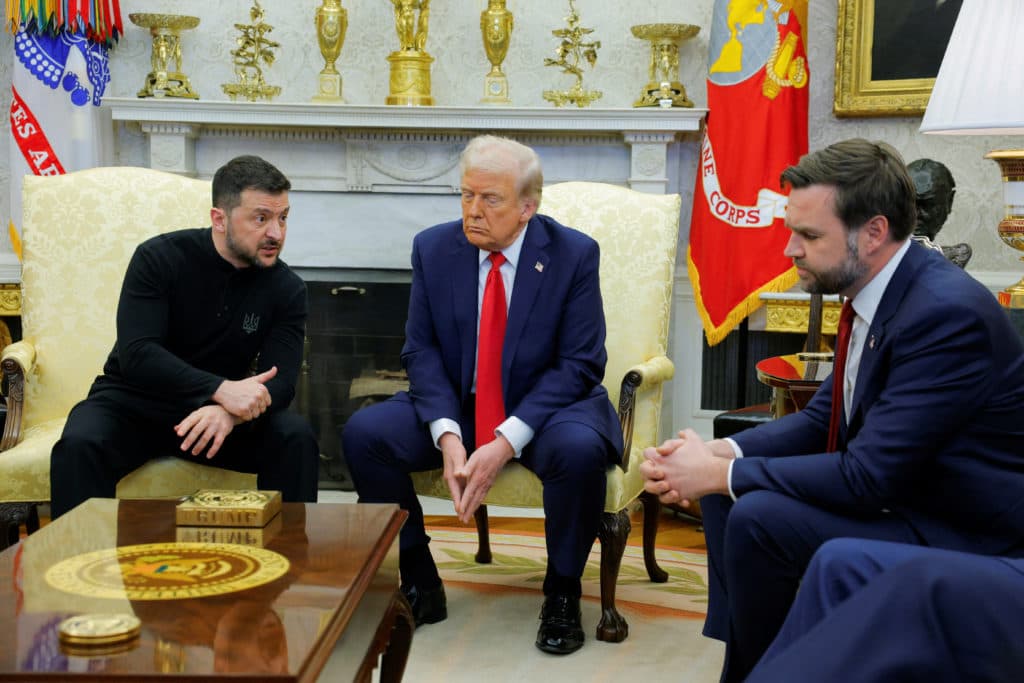Trump's Peace Proposal: Ukraine Faces Zero U.S. Weapons and Funding Without Concessions

A recent social media post by conservative commentator Bill Mitchell outlined a stark potential policy shift from former President Donald Trump regarding the ongoing conflict in Ukraine. Mitchell suggested that if Ukrainian President Volodymyr Zelensky and European allies reject a Trump-brokered peace deal, the United States could cease all military and financial support, forcing Ukraine to "win this war or end it." This hypothetical scenario reflects a hardline approach that aligns with previously reported stances from Trump's camp.
Donald Trump's proposed peace plans for the conflict have frequently centered on Ukraine making significant territorial concessions to Russia, including recognition of Crimea as Russian territory and ceding control of the Donbas region. Reports indicate that such proposals would require major concessions from Kyiv, which has consistently ruled out surrendering any sovereign territory. Trump has also expressed a preference for moving directly to a peace agreement rather than first securing a ceasefire, arguing that ceasefires "often times do not hold up."
Ukrainian President Volodymyr Zelensky and key European leaders have firmly rejected the notion of ceding territory, emphasizing that international borders must not be changed by force. Zelensky has stated that the Ukrainian constitution makes it impossible to give up territory. European officials have also warned that skipping a ceasefire would grant Russia a battlefield advantage, as Moscow currently holds the upper hand in some areas.
The tweet's suggestion of "zero weapons or funding from the US" highlights a critical point of leverage. The United States has been a primary provider of military and financial aid to Ukraine since Russia's full-scale invasion. A complete withdrawal of this support, as implied in Mitchell's post, would dramatically alter the conflict's dynamics and Ukraine's ability to defend itself.
Such a policy, if implemented, would represent a significant departure from current U.S. foreign policy and could have profound implications for the future of the conflict and transatlantic relations. It underscores the potential for a radical shift in American engagement with the war, placing immense pressure on Kyiv and its European partners to accept terms that they have previously deemed unacceptable.